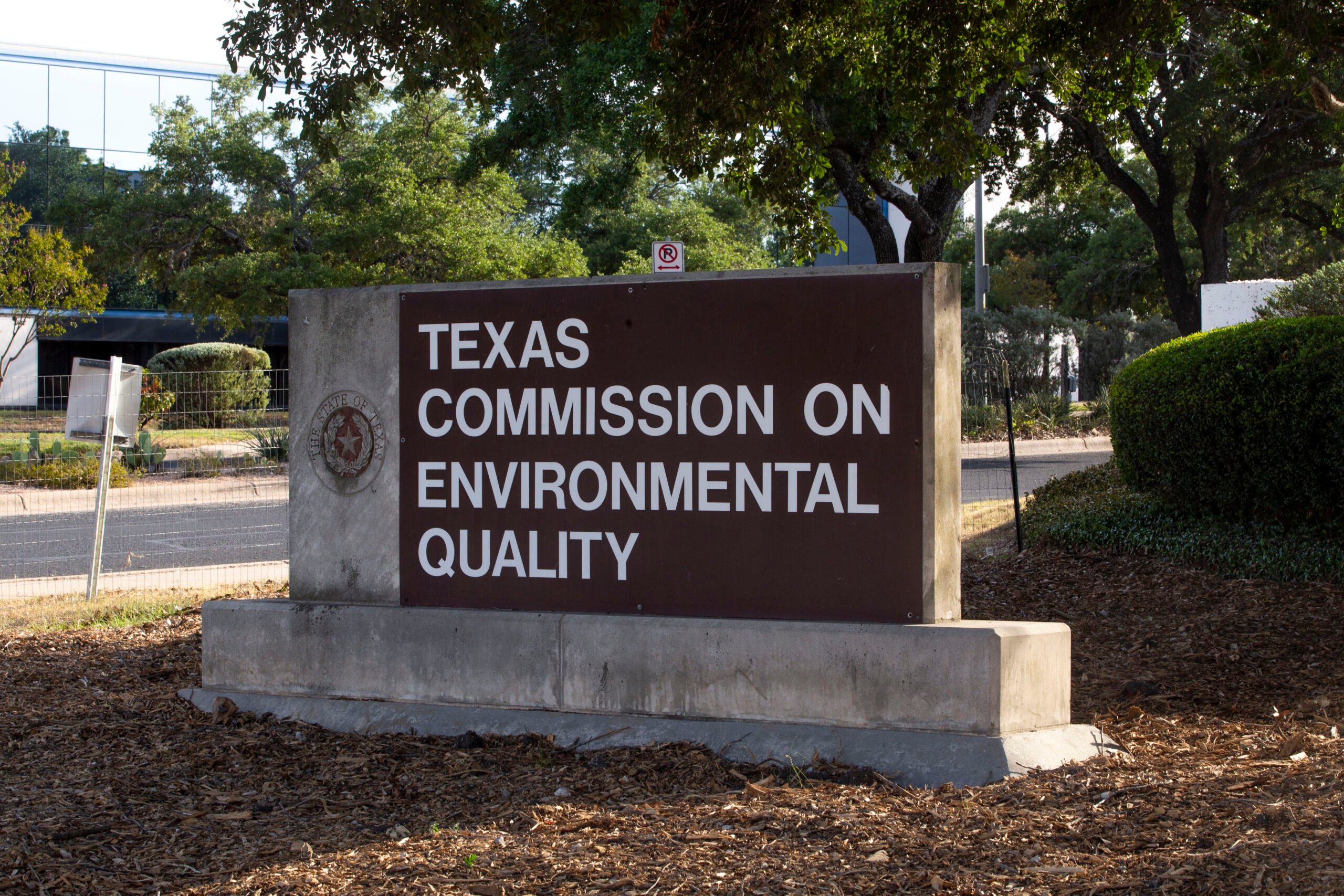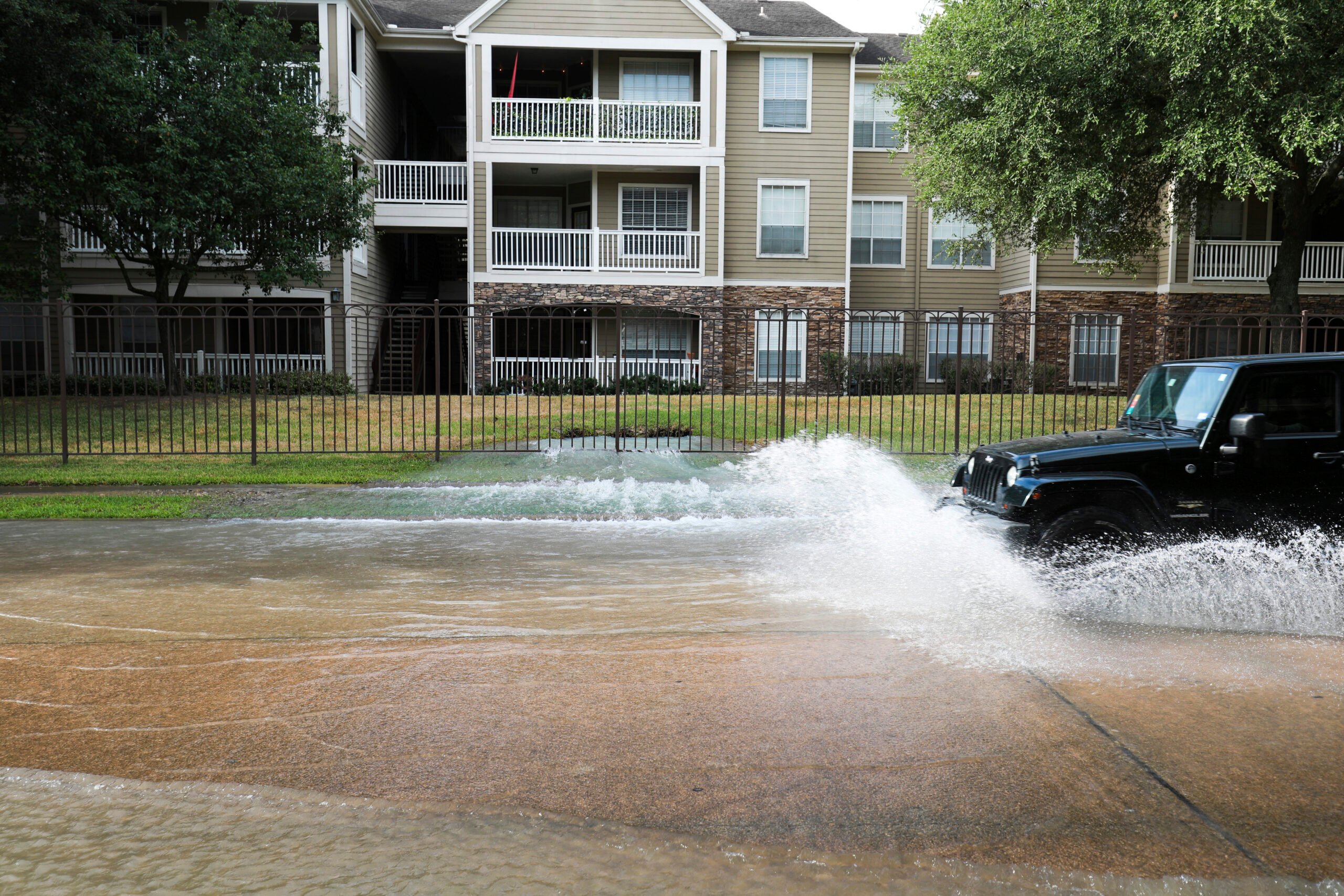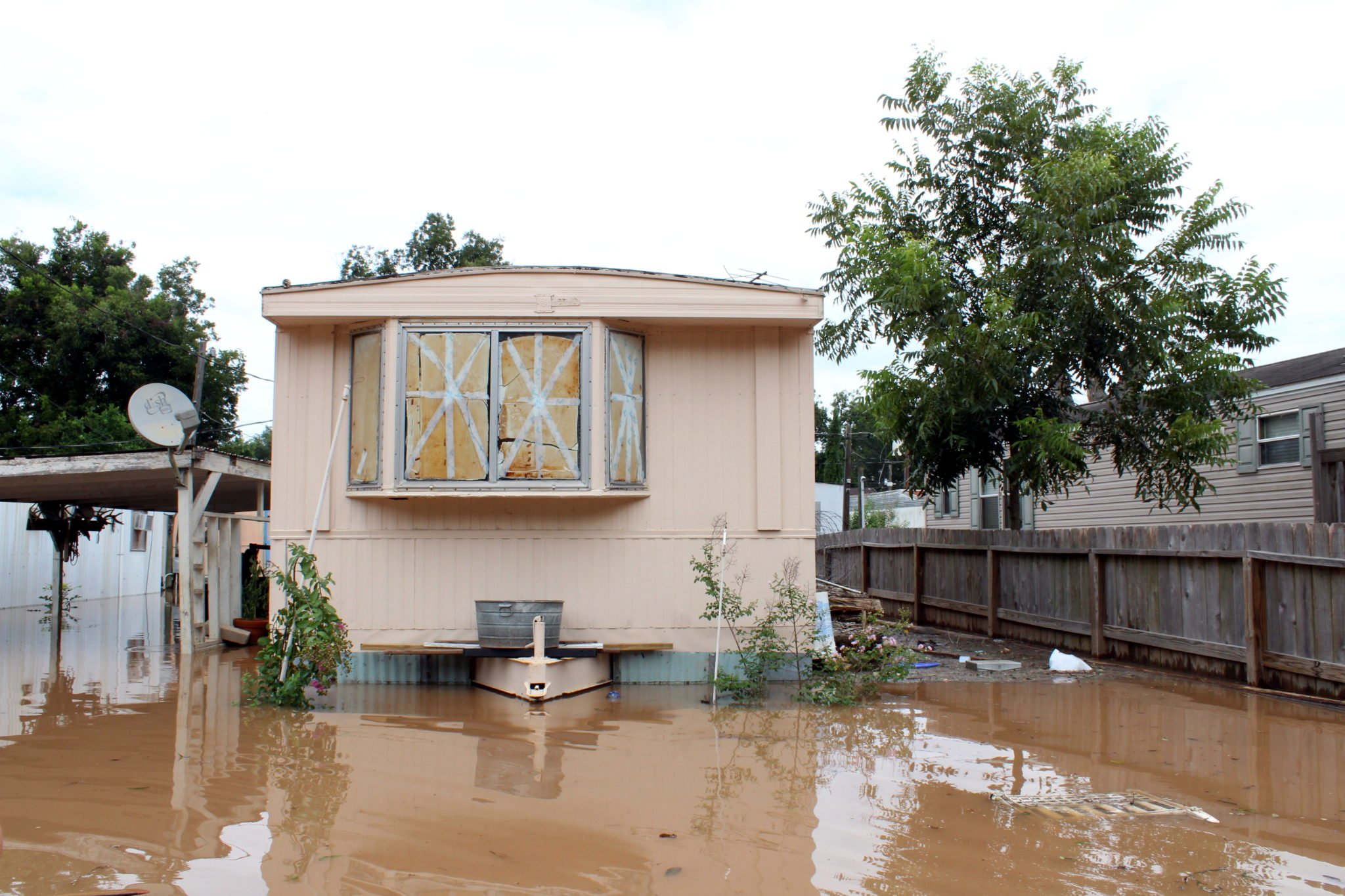
Flood Expert Jim Blackburn: Houston Must Plan or Perish
Blackburn says an “insidious” and “intellectually bankrupt” system favoring developers has worsened flooding in Houston.

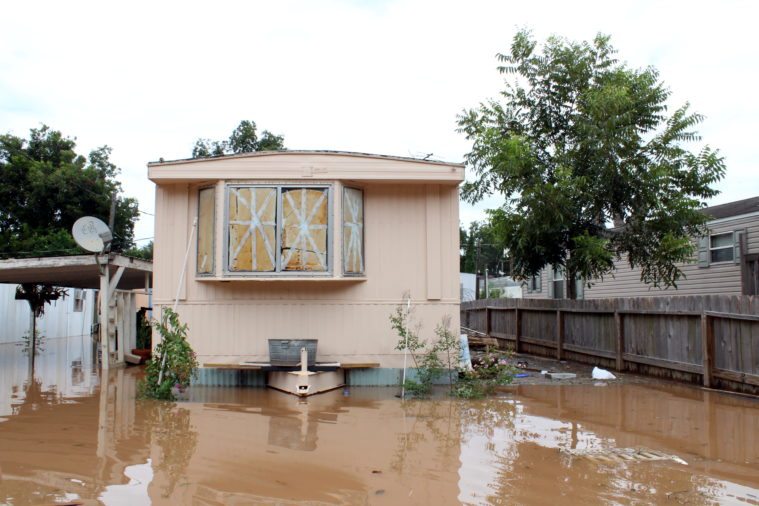
For more than three decades, environmental attorney Jim Blackburn has been sounding the alarm about how rampant development is worsening the effects of hurricanes on the Texas coast. Blackburn is a civil and environmental engineering professor and co-director of the Severe Storm Prediction, Education and Evacuation from Disaster Center at Rice University, but he likes to say that engineering alone cannot solve Houston’s problems. A bigger cultural and political shift is needed, he argues, to rein in the city’s unchecked development and prepare for the coming climate crisis.
Blackburn spoke with the Observer about repeated, catastrophic flooding in Houston and how the city could be better prepared for the next big storm.
Q: You’ve said that Houston’s flooding and development problems cannot be solved by thinking the way we were thinking when we created them. What’s the old way of thinking that needs to change?
We think in terms of controlling flooding, and [that’s] really thinking of the past. You’re not going to control a storm as strong as Harvey. You’re gonna manage it. You’re going to be living with that water from a storm that big, and hopefully the city functions around it. You’re not going to be able to engineer yourself past 40 inches of rain.
In the past, we relied on structures alone. We’re going to need everything we can come up with. We need structures, but we also need green spaces. We need to open up thinking to more than engineering. This is about planning as well.
Mike Talbott, the former head of the Harris County Flood Control District, says that Houston doesn’t have a flooding problem. What’s the incentive to deny we have a problem?
The agencies are doing what politicians want them to do. It’s a very insidious and intellectually bankrupt system. Basically, developers for many decades have been very powerful in Houston. That would include their engineers and lawyers as well as the actual people that are developing real estate. Our priority is developing real estate, frankly, beyond protecting our citizens. We’ve chosen to subsidize new development on the backs of the citizens downstream in many ways. I think that’s going to have to change.
We keep rebuilding in neighborhoods that have flooded before. How can we rebuild smarter?
We’ve promised people that we can “save them” or “rescue their neighborhoods.” We’re going to have to recognize that there may be some areas that cannot be rescued. The real rescue for them is buyouts. And that is very, very controversial and very difficult to do. Politicians often times would rather make promises they can’t keep rather than tell people the truth. Ultimately, the best news would be that they be bought out and removed from harm’s way.
To look people in the face that’ve had horrible tragedy, and realize this is their home, this is a part of town they grew up in, their synagogue is here, their church is here, their community is here — and then you’re telling them you have to leave? That is very, very difficult to do.
I think we just have to move beyond that. I wish there were softer, gentler ways to do it, but there may not be in some of these badly flooded areas.
Our priority is developing real estate, frankly, beyond protecting our citizens.
Where do you expect the money will come from for buyouts?
FEMA will buy out some areas because they’ve been repeatedly flooded and they are collecting flood insurance payments. At some point, FEMA tires of paying flood insurance payments. It’s a better investment to pay and take the home out rather than getting hit with recurrent loses.
With regards to the city, it’s always been Harris County that has had some discretionary money for buyouts. I think we’re going to have to raise taxes to pay for all of this. We’re going to have to come up with more money locally. One would hope the state of Texas would help pay, but I have no great confidence in the Texas government right now.
But one consequence will be that neighboring property values will be affected.
On the other hand, if we do the analysis, the idea is there would be areas that you can’t salvage, the ones that don’t need salvaging and the areas in between. The idea would be that there would not be an overall economic decline. In fact, it may be the opposite because we would establish some truthfulness about flooding. Right now, no one around here believes anything about a 100-year flood or a 500-year flood, because we have them all the time.
How accurate are the flood plain maps?
They’re not accurate at all. They come from historical records and if you don’t update the records, you get bad maps. It’s a way to keep flood plains small, and government likes small flood plains. If you look at the 500-year flood plain map right now, that would probably be the 100-year flood plain map. We would need a new 500-year flood plain map.
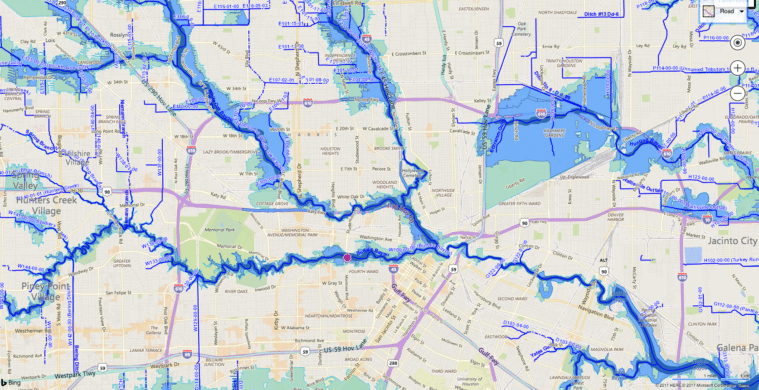
What’s being done to update the maps?
FEMA’s part and parcel of the problem. We’re supposed to be having flood plain mapping done for [Houston], but that’s not really happening. FEMA is a very political animal itself. The political implications are significant. That is not lost on anyone involved. We need an objective third party to come in here and straighten things out. Sort of like an independent auditor coming in and saying, let’s get these books straight. Our books are out of whack.
Will Harvey be a turning point in how Houston plans for storms?
It will be and it has to be. If we do not learn from Harvey, we’re going to start on a long-term economic slide.
Ultimately, this is all about economy. An economy based on good information, an economy based on getting our act together and proving to the world we can handle our problems. Right now, we look incompetent. Having said that, we had a storm that no city in the world could’ve handled. On the hand, you’re going to have a lot of excuses made that no city could’ve handled Harvey. There’s some truth to that. On the other hand, it’s the same pattern we’ve seen before, replicated again, just worse.
We’ve had two 500-year storms in the last two years before Harvey. There’s those of us who believe it’s climate change. There’s not a more controversial statement I’ve made to you. Anyone with common sense knows our weather is changing. We know we’ve got weird weather. Weird weather is Texas code for climate change up in Austin. People are afraid they’ll get fired if they talk about climate change. We’ve got to be able to talk about these things honestly and openly. If we’ve got subjects that we can’t talk about and those subjects are critical to solving our problems, we’re tying one hand behind our back.
One common criticism is that the types of strategies you’re suggesting — preserving native prairies and wetlands and reducing upstream developments — are anti-growth.
It’s exactly the opposite. Growth will cease if we continue to deny the problems we have. The only way Houston will succeed economically is to do the types of things I’ve outlined. That is the only way forward that will send a signal to the markets that Houston can get its act together. These are essentially survival tactics.
